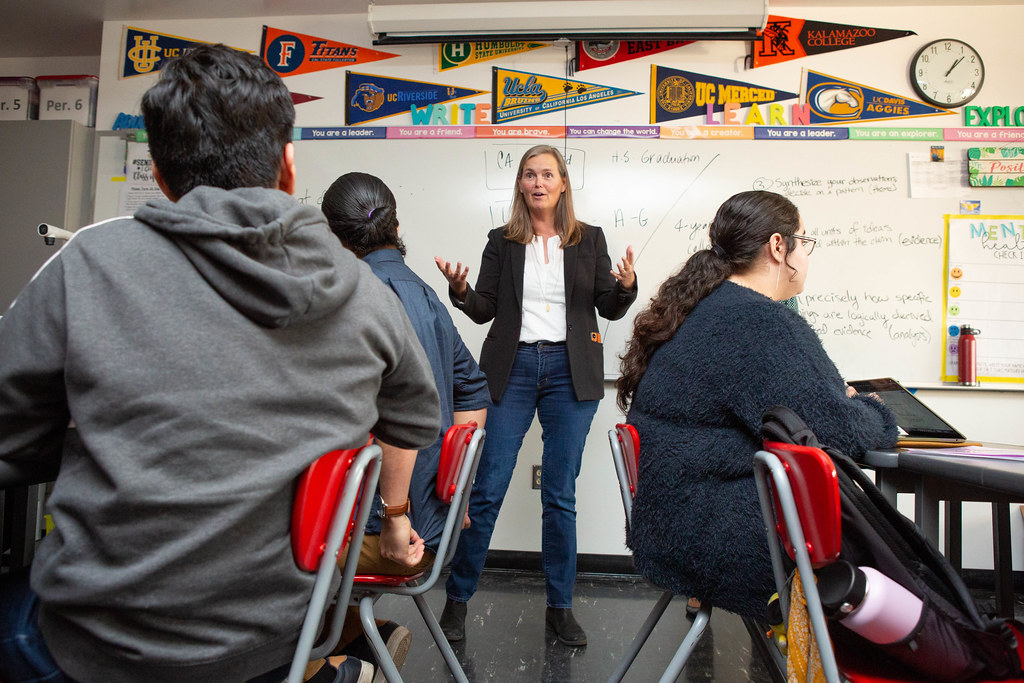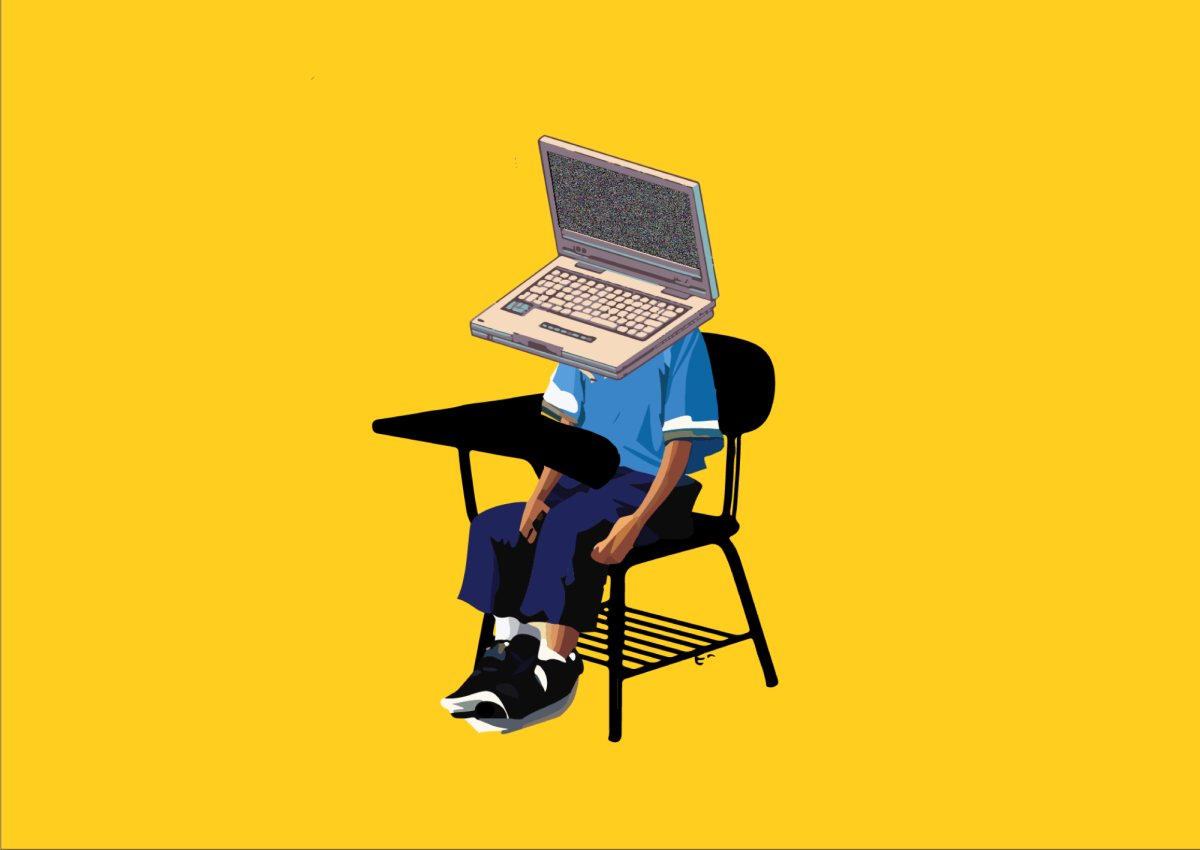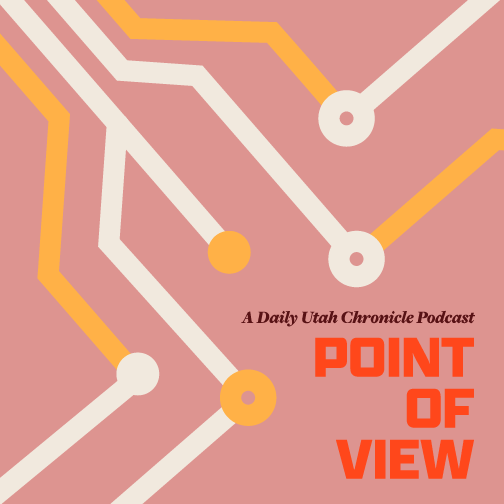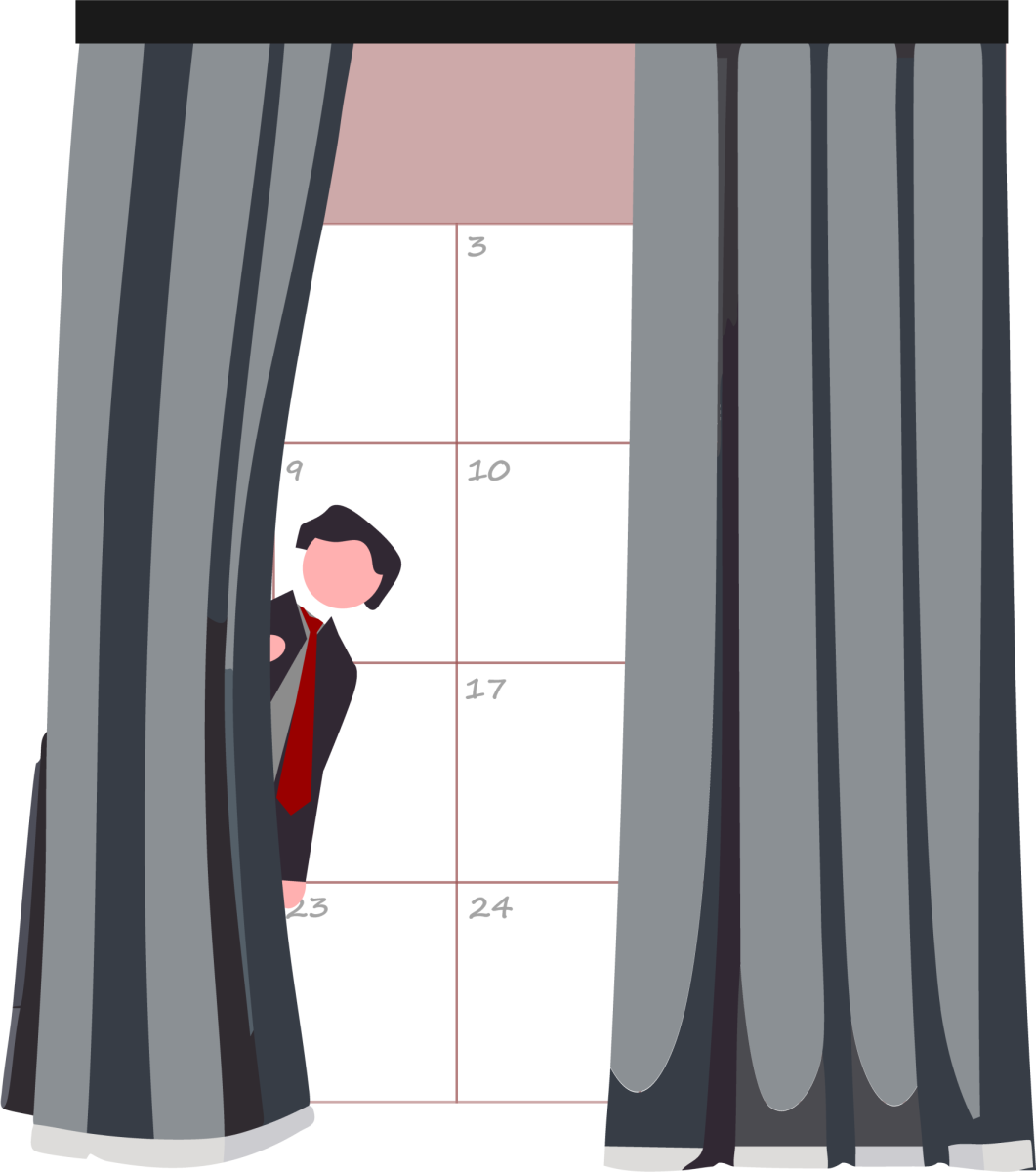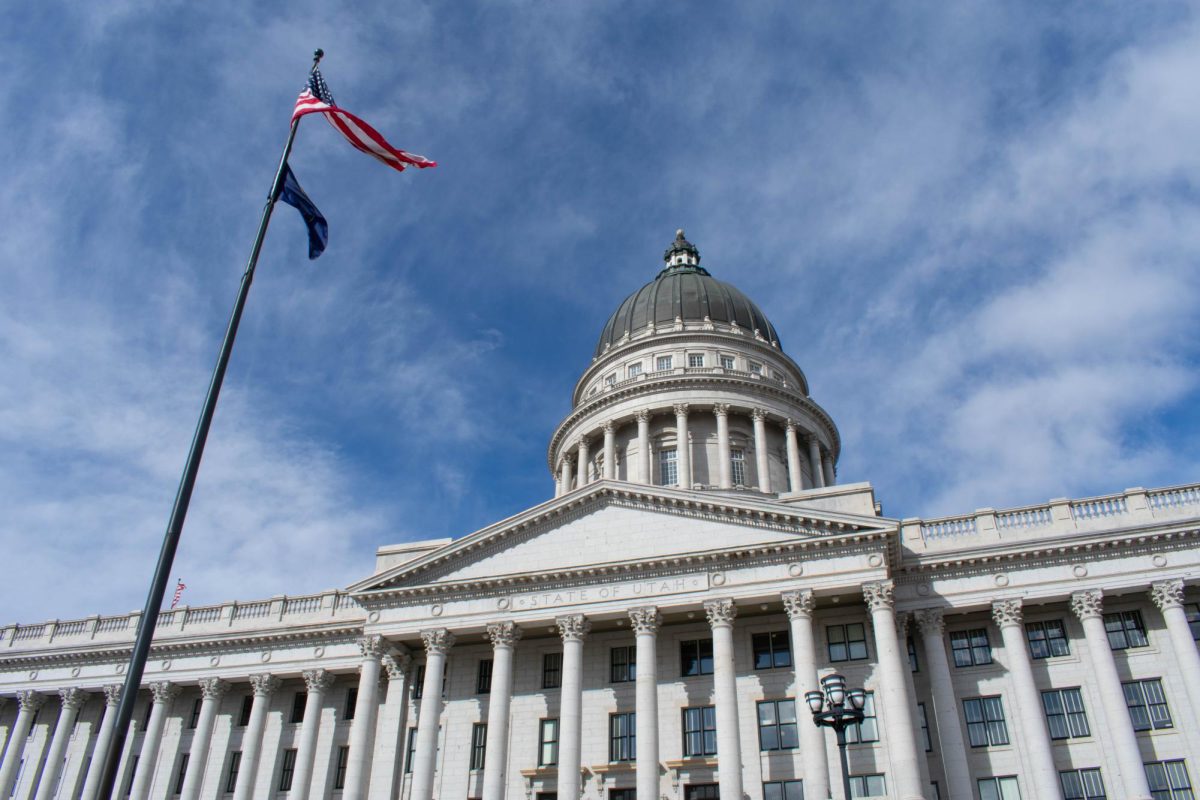To myself and everyone I talked to in the days before the presidential election, the outcome seemed obvious. To virtually every pollster, pundit, writer and analyst I read, the idea that Hillary Clinton would be the 45th President of the United States was almost a truism. My news, Facebook and Twitter feeds were filled with polls, analyses and editorials that heavily favored the idea of Donald Trump losing the 2016 election. In October, New York Times columnist David Brooks called it and accepted the fact that Hillary would be the victor.
We were wrong. We were all wrong.
But how? How did every prediction get something so important so incorrect? What led me to become so thoroughly and wholeheartedly convinced that Hillary was going to have a landslide victory?
It happened because I had put myself in a bubble. Not a physical bubble, but a virtual one. This bubble kept me shielded and sanitized from thoughts and ideas that deviated from my own. Unconsciously, I had surrounded myself with only people who thought like me.
I was not the only one doing this. In the book The Filter Bubble, Eli Pariser describes algorithms used by Facebook that steer us towards content that matches our interests. The opposite takes place as well: we are filtered from things we don’t like. Our social media feeds become extensions, echoes and reflections of ourselves, our politics and our ideologies. We are never subjected to substance, stimuli or content that challenges or attempts to change us. “The danger is that increasingly you end up not seeing what people who think differently see, and in fact not even knowing it exists,” Pariser says.
This is a problem for democracy. In the days before the Internet and social media, people read newspapers or watched TV to get their news and information. While they could subscribe to certain magazines or watch particular news stations, they were not actively filtered from opposing viewpoints in the way people are today. Today, we are an out of touch society, segregated by thought and largely ignorant to the existence of those who think differently from us.
Information filtering explains why so many of us were surprised when Donald Trump became the president-elect. To our knowledge, support for him was marginal, fringe and far between. We didn’t interact with his supporters, and they didn’t interact with us. We forgot they existed. And, on election day, we were hit hard in the gut.
If we wish to be an informed public, our current situation should scare us. The idea that companies like Facebook and Google are selectively exposing us to information rather than to an array of subject material is troubling.
Although convenient and comforting, we should avoid the urge to stay complacent in our ideological bubbles. Follow Alex Jones and Sean Hannity on Twitter. Read blogs of people explaining why they voted for Donald Trump. Subscribe to news digests of sites you do not necessarily agree with. Doing this will force us into engagement, encounter and dialogue — however uncomfortable — that will, at the least, help us understand the world.
I have long considered myself an advocate of critical thinking and open-mindedness. I have thought of myself as someone who avoids and recognizes flawed logic, bad arguments and biased information. The 2016 election was a rude awakening for me. I realized I am not as informed as I previously thought. For the sake of democracy, we should do what we can to get outside our information bubbles and expose ourselves to the world around us.










